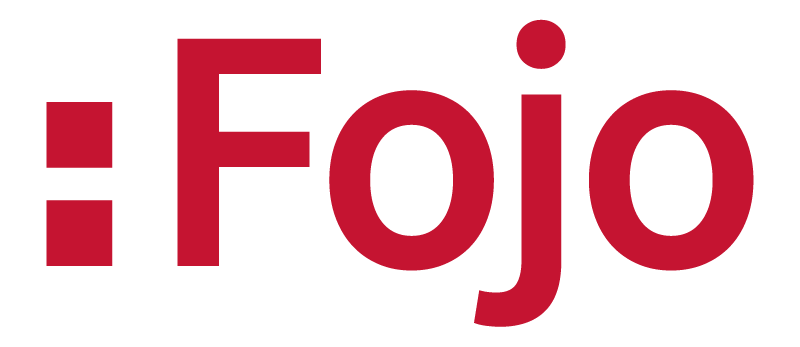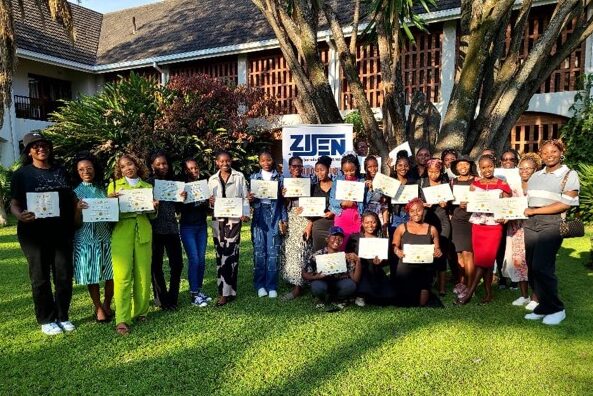Written by Dr. Last Alfandika. Edited for the web by Fojo.
In a significant step toward promoting gender equality and leadership in Zimbabwe’s media industry, female journalism students from three universities in Zimbabwe took part in the pioneering Women Media Leaders of Tomorrow (WMLT) training programme. The initiative brought together aspiring female journalists and seasoned media professionals from Zimbabwe to inspire, mentor and equip the next generation of women leaders in journalism.
A total of 24 students from Great Zimbabwe University (GZU), the National University of Science and Technology (NUST), and Harare Polytechnic participated in the programme, which was facilitated by Zimbabwe Journalism Educators Network (ZIJEN) as the first of its kind in Zimbabwe.
ZIJEN president and journalism lecturer at GZU, Dr. Golden Maunganidze, commended the programme’s timing, stressing that female students need guidance on how to navigate their way up the ladder in a field that is generally male dominated.
“This is a timely intervention where women leaders who have made their names in the industry breathe hope among our students. Most of our students had never had an opportunity to rub shoulders with role models in the industry, but this training brought together facilitators from Europe (Sweden), Africa and Zimbabwe and is highly appreciated by the participants,” he said.
The main trainer for this event was Kersti Forsberg who started her journalism career as a reporter in 1989 and rose to occupy various influential positions in newsrooms such as being editor, news editor, managing editor, editor in chief and publisher at several Swedish local and regional newspapers. She is also the former executive director of Fojo Media Institute.
Other trainers included an award winning journalist and media trainer Mary Mundeya, Zimbabwe Independent Newspaper Editor and veteran journalist and mentor Faith Zaba, Hanna Olsson Berg (Sweden), Moky Makura (Nigeria/ UK) and Susan Makore – a member of Zimbabwe Media Commission, Deputy Executive Director Programme Strategy at WAN-Infra with vast experience as a leader in the media industry in Africa, among others.
Some of the modules taught covered topics such as the journey from being a young woman in the media industry to becoming an experienced leader in journalism and media, covering obstacles, challenges, failures and success stories. The students were given the opportunity to discuss work-life balance, self-leadership, role models and finding ways to keep the motivation up when circumstances are harsh and pay is poor.
Students who participated in this training said the experience was life changing and will forever have a bearing in their career path, according to ZIJEN president Golden Maunganidze.
GZU student Nomagugu Mudumo, whose story was published by a national daily newspaper during the course, was grateful to be part of the training.
“I still can’t believe that this training has already positively changed how I perceive journalism. I did my internship at a radio station and I never thought I would be able to write for a newspaper but after initial interactions with trainers, I felt energy and the need to try new things that help in opening new doors for me. I am excited to be among this group of participants” said Ms Mudumo.
Several participants shared the same sentiments with Nomagugu Mudumo confirming that before this training, their projection of their future in journalism was narrow and this course ‘opened their inner eyes’ to see possibilities beyond the horizon.
Even mentors from participating institutions felt the programme was well worth their time.
“When I came here, I thought this was going to be student stuff but along the way I realized that the training was equally applicable to me. Despite several years of experience as a lecturer, I gained a lot and learnt a lot that I will also infuse in my lectures back home,” said Ms Christina Ncube from NUST.
The training was held in Zimbabwe at the end of October 2025.



